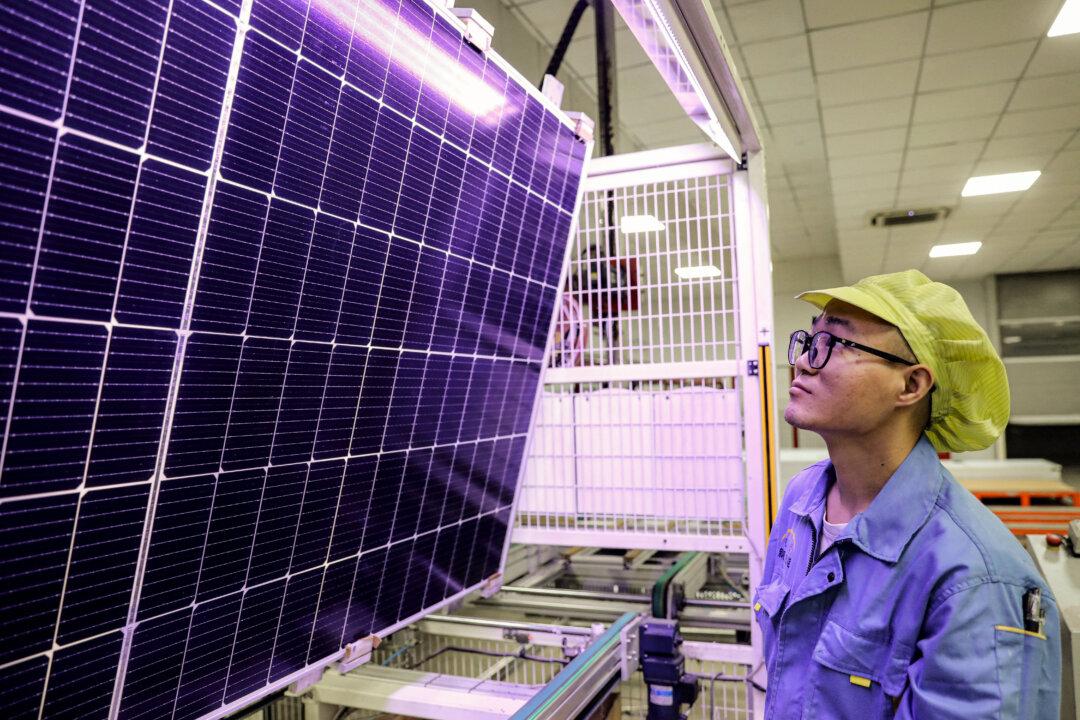Congressional Democrats are calling on the Biden administration to investigate alleged unfair trade practices by Chinese-owned companies in the solar industry.
Sen. Sherrod Brown (D-Ohio), chairman of the Senate Banking Committee, penned a June 4 letter to David Johnson, chairman of the International Trade Commission, and Secretary of Commerce Gina Raimondo, expressing support for the antidumping and countervailing duty (AD/CVD) petitions filed by the American Alliance for Solar Manufacturing Trade Committee (Alliance).





